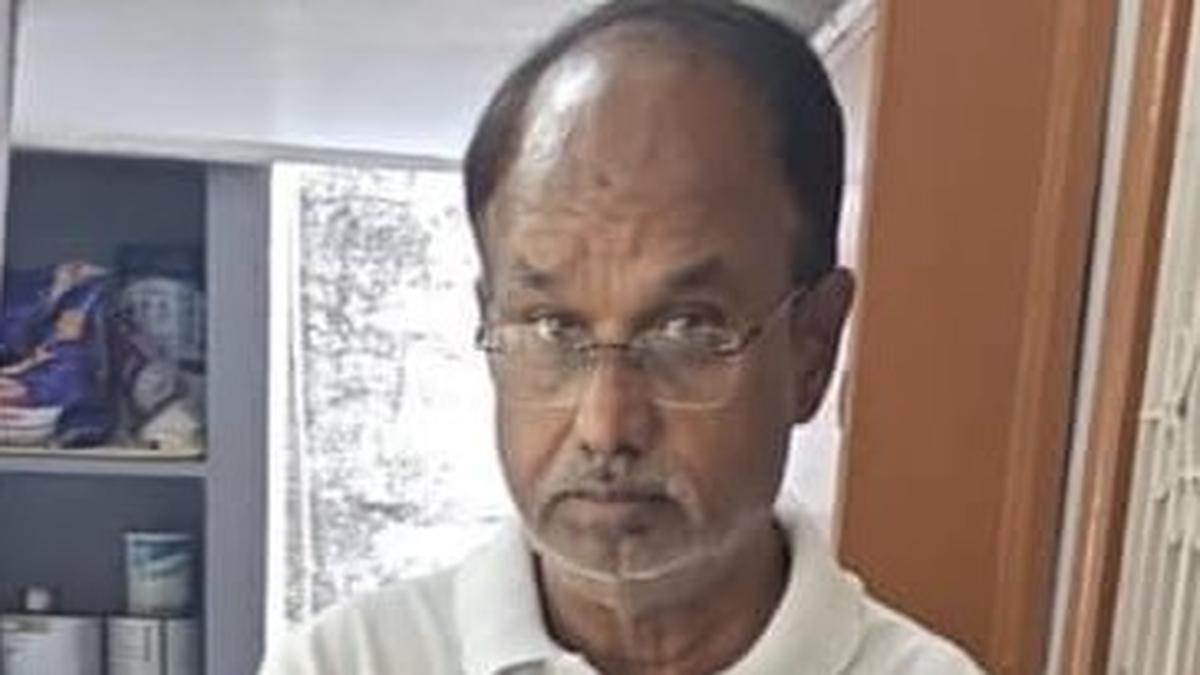More than 18,500 engineering seats under the Consortium of Medical, Engineering and Dental Colleges of Karnataka (COMEDK) remain vacant this year, including around 300 seats in Bengaluru’s top engineering colleges, even in high-demand courses like Computer Science, Electronics and Communication Engineering, and Artificial Intelligence (AI).
With these seats slipping into the management quota, students may end up paying 400–700% more in fees for the same courses. Students and parents say the government should reconsider the current 30% reservation for COMEDK and shift some seats to KCET, where demand for top colleges remains strong despite a slight drop in cutoffs.
Currently, VTU-affiliated and autonomous engineering colleges in Karnataka divide their seats as 45% for KCET, 30% for COMEDK, and 25% goes for NRI or management quota. KCET seats are the most sought after because their fees are regulated by the government. COMEDK charges are higher, and management quota seats are the costliest. Since the rules do not permit unfilled COMEDK seats to return to KCET, vacancies automatically flow into management. Parents, however, argue that this loophole ends up benefiting colleges at the expense of students.
“This is nothing but a loss for families and a gain for private institutions. Vacant COMEDK seats must first be given to KCET before going to management,” said Suri Mahesh, a parent representative. The current system creates a skewed incentive, and colleges are not penalised if COMEDK seats go unfilled, because those same seats become part of the most lucrative quota, Mr. Mahesh added.
Citing the example of BMS College of Engineering, Basavanagudi, where 65 Computer Science seats went vacant under COMEDK this year, while the KCET cutoff closed at rank 4919, Gayathri M.K., a student, pointed out that if those seats had been transferred to KCET, about 65 more students could have secured them at government-quota fees. Instead, the shift to management will multiply the cost of the same education five to seven times, she said.
Parents demanded a single-window admission system for KCET and COMEDK. This way, they explained, would ensure students get to choose across both streams transparently and prevent seats from slipping into management quota simply because they were unclaimed in one counselling system.
Parents want KCET to act independently of the Medical Counselling Committee (MCC) when it comes to medical and dental admissions. They argue that KCET should assign state-quota seats first, and then conduct mop-up rounds for any vacancies created when students later secure MCC allotments. “A similar mop-up could be applied for engineering. If seats remain unfilled in COMEDK, they should be offered to KCET students before being surrendered to management,” Gururaj Shivananda, a parent suggested.
“If KCET and COMEDK are to remain separate processes, KCET must conclude before COMEDK. The current schedule pressures students to opt for costlier COMEDK seats first, and if they later surrender those seats after getting a KCET allotment, the vacancies revert to management instead of being re-allotted. Synchronising timelines would give students genuine choice without pushing them into higher-fee categories,” Mr. Shivananda added.
Private colleges, however, defend the current model, noting that COMEDK was created to provide access to students outside Karnataka. They maintain that the vacancies reflect affordability concerns rather than flaws in the system. “Families naturally prefer KCET because it is cheaper. COMEDK has higher fees, so if students cannot afford them, those seats remain vacant. If students or parents fear the seats will go to management quota and thus raise fees, they should have taken admission earlier under COMEDK,” said an administrator of a Bengaluru college.



.png)
.png)
.png)
















 2 hours ago
3
2 hours ago
3








 English (US) ·
English (US) ·